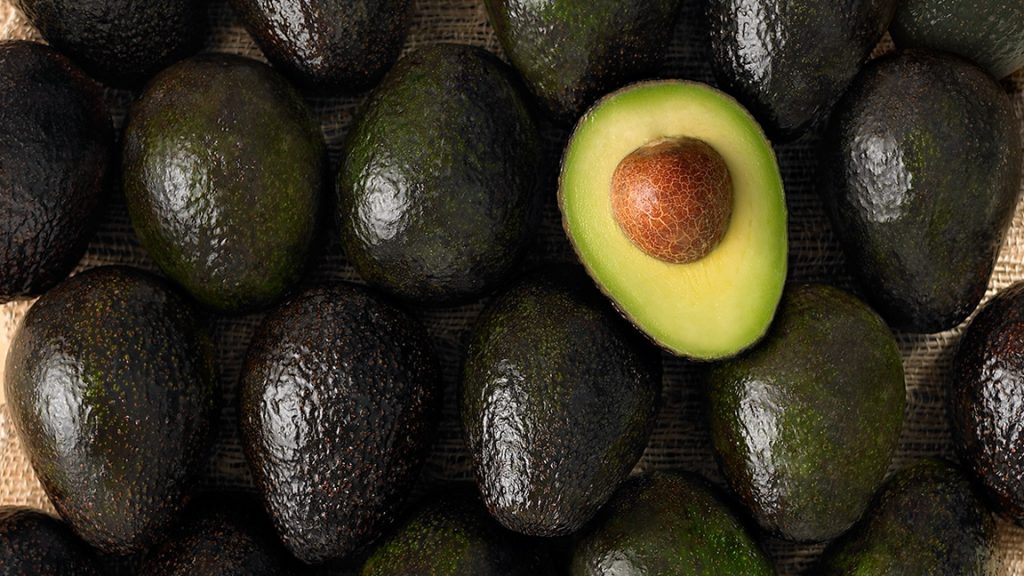Europe expecting light avocado arrivals amid low Chilean volumes, suppliers say

Europe is expecting avocado arrivals in January and February to be light, amid much lower Chilean volumes and high demand.
Various industry members have told FreshFruitPortal.com that reliance will turn to other sources such as Colombia, Spain, Israel and Morocco.
However, even though those countries have volumes, “the industry numbers don’t pencil out to possibly being enough to meet the demand even with the reduction from Covid-19 lockdowns”, Tommy Padilla, Senior Director of Export Sales at Mission Produce said.
Along with insufficient volumes alone to meet demand in a normal year, Spain, Morocco and Israel also indicated they will have less volume compared to last year, according to Annabel Konst, Purchaser at Nature’s Pride.
“Volume out of Chile has not been this low since the 2014-15 season. At the moment, export numbers are down 40% in volumes out of Chile and the upcoming months will remain low,” she said.
“Chile is taking account of only 13% of the global offer, where they normally would be representing about 50%.”
Supply volumes have a major influence in stimulating European imports and at the start of this year, avocado demand hasn’t faltered.
The situation is heightened due to consumers focusing on healthier eating which causes demand to be strong in the early months of the year.
“In a more typical year, the availability of Hass avocados would be reducing in March, but this [reduction in supply] has moved earlier this year. We’ll be seeing lower volumes of Hass arriving during February,” Kenny Moran, Buying Manager for The Avocado Company said.
The last year has shown that the avocado is “pandemic proof”, Konst said.
Though with restaurants and food service locations in Europe still closed or partly closed, the market is seeing a switch from the wholesale sector to the retail sector.
“Because of a gap between supply and demand due to several reasons, we will most likely be seeing a market with strong prices for the upcoming months,” Konst said.
Throughout the pandemic, the EU and the UK markets haven’t been as heavily affected in comparison to the U.S.
“The industry has seen stable prices in the EU the past few months and anticipate some strengthening in Q1 due to the lighter shipments to Europe,” Padilla said.
“Specifically in the UK, we haven’t experienced a huge change in pricing therefore; it has mainly resulted in more of a redistribution of sales between sectors,” Moran said.
Joel Pascual of Cartama Europe added: “The situation feels to have stabilized somewhat now, but we’re all looking forward to more predictable, normal activity resuming through the year.”
Though the wholesale market is still closed in Mexico, the European and UK markets may look there to bolster their imports.
“Mexico, which has had good production this year, has been able to fill supply in Europe,” Konst said.







































